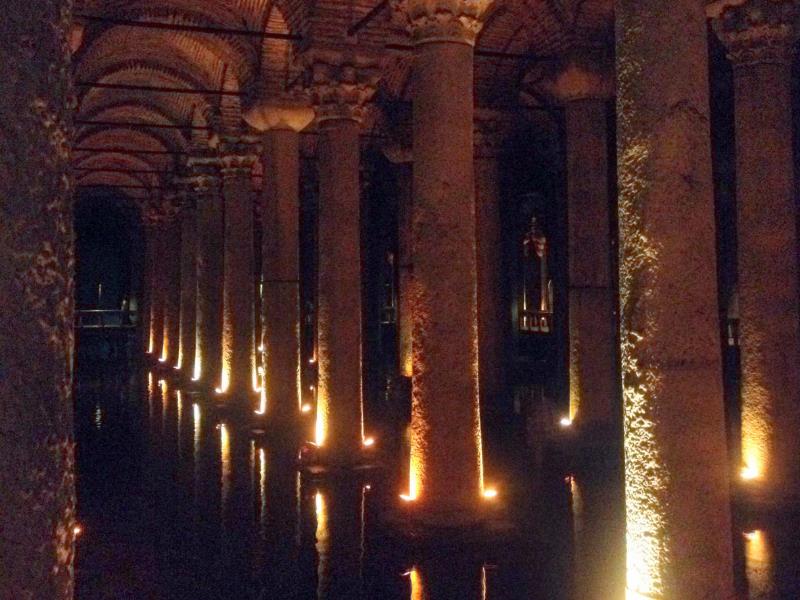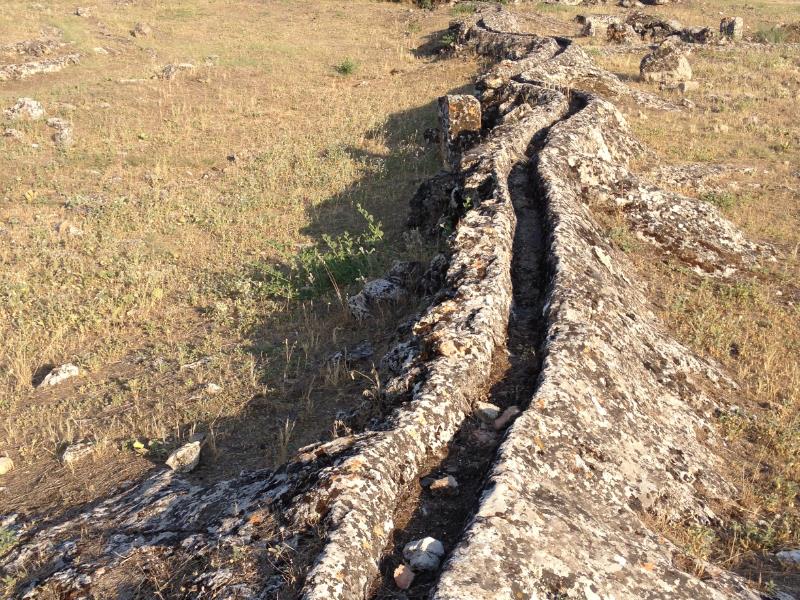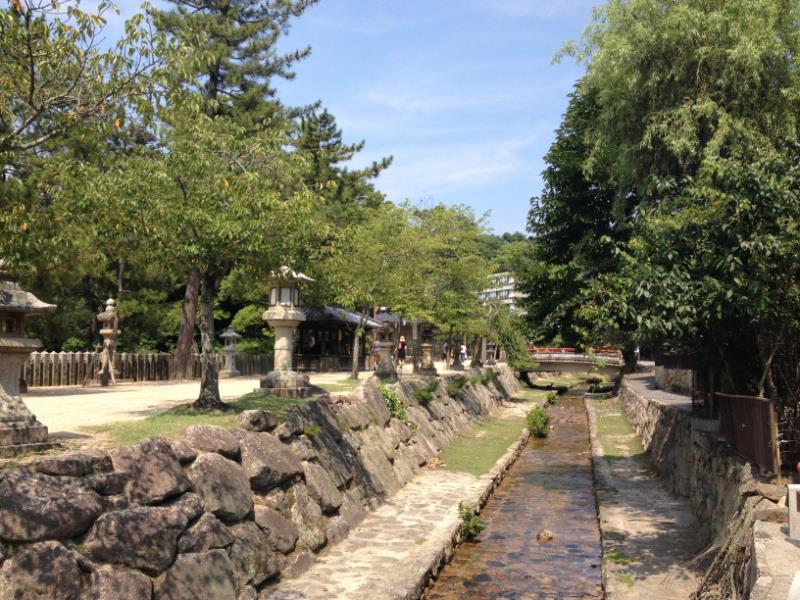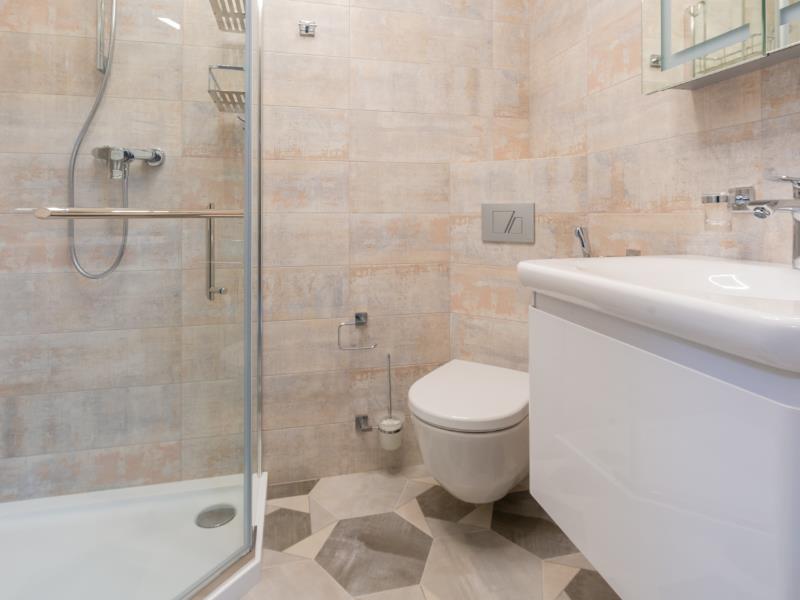The History Of Plumbing
Home / Wiki / The History Of PlumbingLast updated Wed 24 Nov 2021
What Is A Plumber?
Plumbers are in charge of maintaining the ever-critical systems of plumbing infrastructure spread out around the world. As a result, plumbers have been around for as long as we've been controlling the flow of water, though the language and history surrounding them only stretches as far back as Ancient Rome.

6th Century Basilica Cistern in Instanbul, Turkey
Where Do The Words Plumber And Plumbing Come From?
Both the words plumber and plumbing derive from the Latin word for lead, plumbum. In the days of the Roman Empire, plumbing was primarily constructed from lead, and they referred to anyone that worked with lead as a plumbarius, or a worker in lead. This survived as the primary name for the profession for quite some time, before the French replaced it with plomier, which means lead smelter. Of course, modern English is built from a mixture of French and German words thanks to conquest by the Normans in the 11th century, so the English word for someone that maintains water systems became plumber. In much the same way, the Old French term plombe, which means working or casting in lead, is how we derive the word plumbing, which today refers to a myriad of systems that help deliver water to properties while allowing for the safe disposal of waste.
How Has Plumbing Changed?
Bronze Age
In the Bronze Age, plumbing was little more than a series of wells, sewage pipes, and irrigation equipment. These systems were built of the absolute minimum of materials, such a well discovered in China that dates as far back as the Neolithic period and was nothing more complicated than a set of logs forming the sides of the well with a square frame attached at the top.

Roman era drainage at Pammukale, Turkey
Shortly later in history, the Ancient Mesopotamians crafted the first clay pipes around 4000 BCE, which were simple creations designed to transport water to and from wells and remove wastewater from anywhere it would accumulate, such as some of the first latrines they built ~3200 BCE.
The Greco-Romans
By the time of the domination of the Greeks, they had significantly improved plumbing technology. Their cities placed the clay pipes underground and featured incredibly complex systems that would span the entire city delivering water, removing waste, and even protecting the water supply by utilising storm sewage canals to address overflow concerns.
The Greeks developed flush toilets, heated water, indoor plumbing including pressurised showers, and in Alexandria, they were even able to utilise pressurised water to contain fires. Even better yet, in a miracle of engineering, there is a 3000-year-old artifact in Crete initially built to act as an inverted syphon that still functions today.

An ancient waterway that still functions today
What the Greeks started, the Roman's perfected. The vast majority of their cities featured in-door plumbing, their aqueducts were far beyond the standards of any other civilisation of the time, and they managed to make their plumbing systems sturdier by utilising lead where possible, thus setting in motion the creation of the word plumber thousands of years later.
Medieval Age
As we progress closer to the modern-day, plumbing technology continues to become more expansive. In the medieval age, most major civilisations had refined their methods of drawing water and had made substantial progress on their distribution capability, and some of these creations continue to support communities today.
Public baths were a significant driving force of these developments, forcing civilisations to reconsider their methods of supplying thousands, if not tens of thousands, of baths in any one city with enough water to function while avoiding leaving people without access to critical supplies, such as drinking water. Bacteria in the water supply became a concern, pandemics swept Europe, and cities such as London and Paris started covering their sewers due to the density of those cities, citing concerns of both hygiene and the smell they were beginning to produce.
Despite all of this, though, there were still very few automated sewerage systems in the medieval age. Most still relied on flowing water, most commonly due to rain, to wash sewage off of the streets and into the sewers.
Modern Age
Coming into the modern age, plumbing began to fill a role that you'd likely find familiar. Today, you can get safe, running water in most homes in developed nations, wastewater is recycled for a variety of purposes, and sewage systems have become highly automated, no longer relying on rain to flush it away.
Water treatment is much more advanced, helping decrease the incidence of water-borne diseases ravaging cities and population centres. Toilets have become easier to operate, water has become easier to access, and in general, plumbing helps improve the quality of life anywhere it is introduced.

A modern, internal bathroom with an included toilet
Are Plumbers Still Needed Today?
With the expanded role of plumbing, however, comes an increased need for skilled plumbers. Today, a plumber is able to help reconnect your home's plumbing, service the plumbing requirements for businesses, or even maintain critical plumbing infrastructure operated by the government. Wherever someone needs water, you'll usually find a plumber closeby.
Catherine McLeod
20 Jun 2025
Verified
The service we received was fantastic. The boys were friendly to deal with and did a brilliant job and it was quick and efficient. They did everything possible to assist us with our new hot water syst... more
Ryn
13 Jun 2025
Verified
This is the third time we have gone with Aptus, and for good reason. Tyler and his off aider did an amazing job installing our garden pump and removing an old solar heart off our roof. The installatio... more
Isaac Kirsch
13 Jun 2025
Verified
Aptus were prompt, efficient and professional. During a new retaining wall construction I uncovered the house water main feed. Called several plumbers but Aptus were the only ones able to come out sam... more

We happily service all areas of Brisbane and beyond. Get in touch today.
And enjoy peace of mind with a dedicated team on call 24/7
